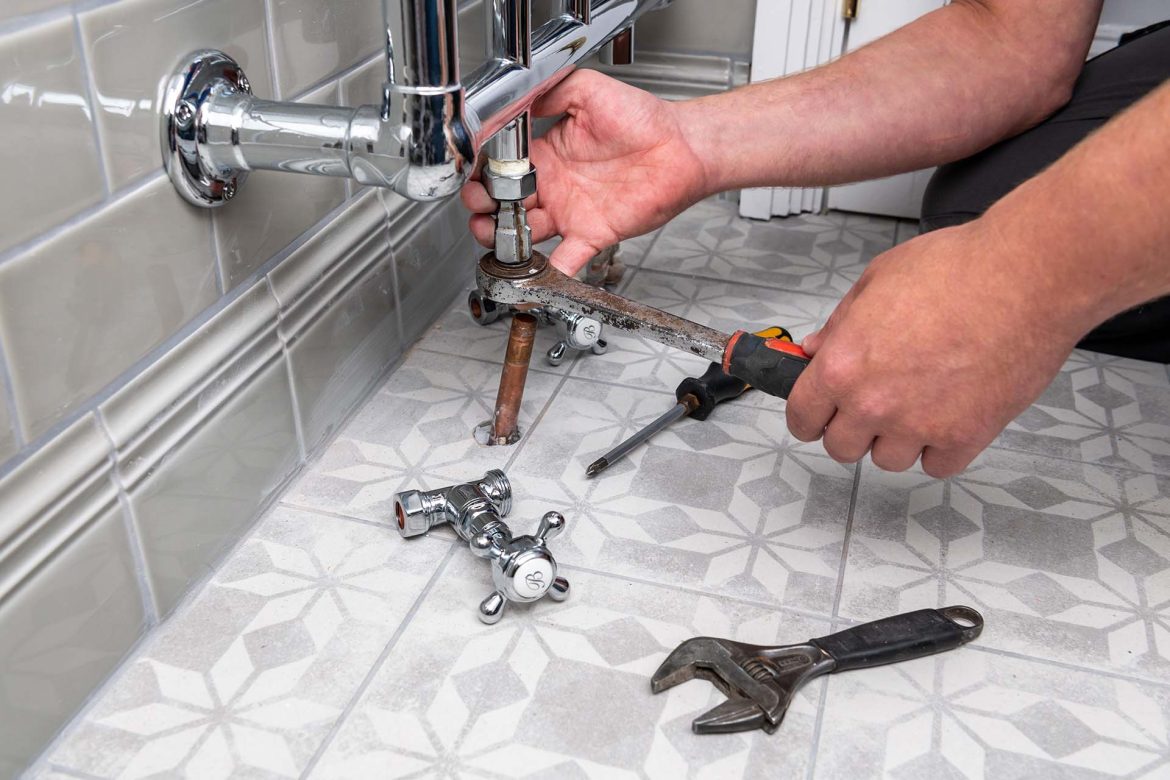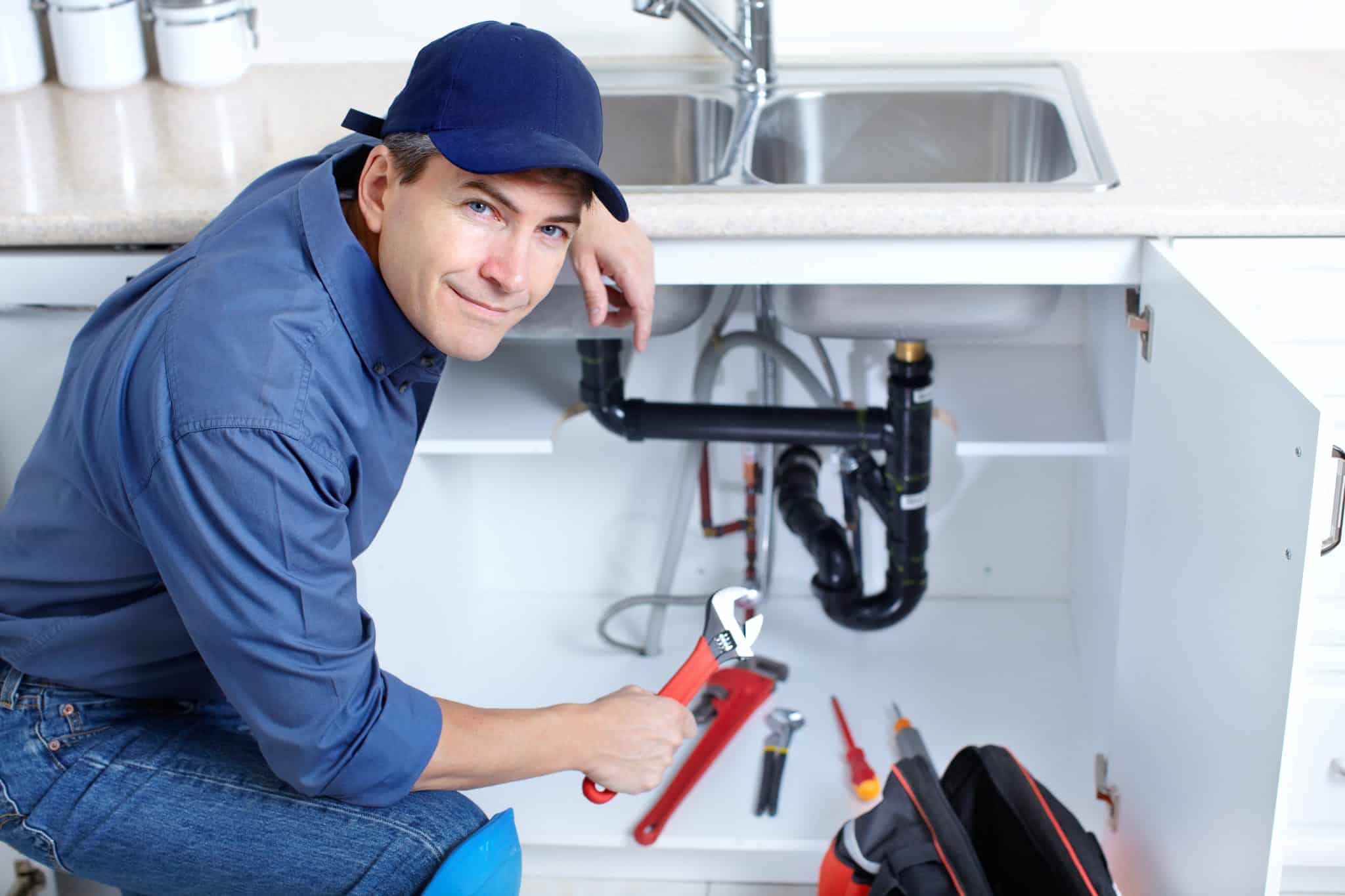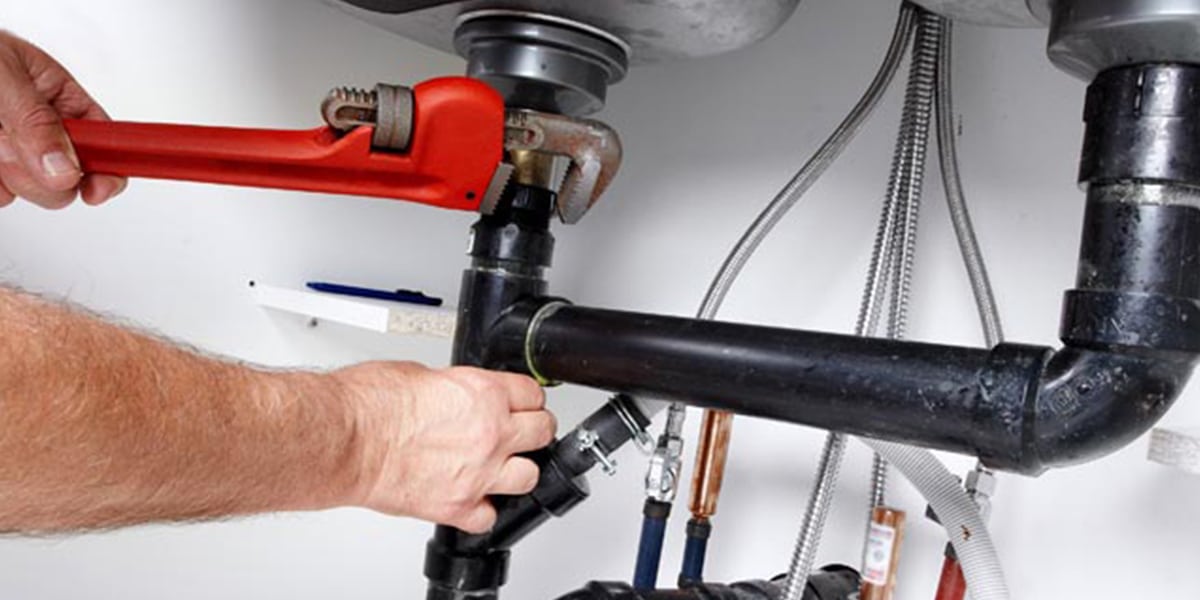Throughout life, people encounter various circumstances that force them or inspire them to change their professional trajectory. In some instances, the change may happen due to a personal desire for career satisfaction, or it may be a result of an unexpected situation. Switching careers can seem daunting, especially later in life. However, one career that often garners interest, and proves to be a sustainable option, is plumbing. This article attempts to answer a popular question: Can you retrain as a plumber later in life?
Relevant Skill
To address this concern, one must first understand what it takes to become a plumber. The short answer is definitely yes, you can retrain as a plumber regardless of your age or career background. First, you must develop some key skills. Aspiring plumbers must possess proficiency in problem-solving and critical thinking, since plumbing involves troubleshooting and problem-solving.
Furthermore, a solid understanding of mathematics and the ability to apply mathematical concepts correctly is significant in calculating water flow and pressure, and in managing business operations. Strong customer service skills are also essential as you’ll often deal directly with clients. Once you understand how to become a plumber, the next step is to take action.
Re-Education and Certification
When diving into the realm of plumbing, you will likely have to start from scratch acadically. Acquiring this new knowledge can often feel brutal, especially if you have been out of a classroom for a while. Fear not, adult learning programs offer flexible options, including online and night classes, which could work around your current job. The curriculum of these programs usually covers the principles of plumbing, blueprint reading, safety procedures, and the basics of electricity.
The next step involves gaining practical experience through apprenticeships. Plumbing companies often offer apprenticeship programs where aspiring plumbers can learn while they work. The duration of these apprenticeships can range from 2 to 5 years, and they will provide you with hands-on experience and a deeper understanding of the profession.
Once the educational and apprenticeship phases are completed, it is crucial to obtain a plumber’s license. Licensing requirements vary from state to state in the U.S., but they generally require passing an exam that evaluates knowledge and skills in plumbing.
Advantages of Switching to Plumbing
One of the most significant advantages of switching to a career in plumbing is the demand for plumbers. Since every household and business facility requires plumbing, plumbers are always in need. Furthermore, as sustainability has become a key concern in recent years, there are increasing opportunities for plumbers knowledgeable in efficient water use and recycling systems.
Moreover, plumbing offers decent income potential. The Bureau of Labor Statistics reported that the median pay for plumbers in 2020 was over $55,000 annually. With experience, specialization or owning your own business, the potential earning can be significantly higher.
Challenges in Retraining
While it is entirely possible to retrain as a plumber, the path does come with certain challenges. The most obvious challenge is that plumbing is physically demanding. You will often have to work in confined spaces, lift heavy items, and spend a lot of time on your feet. Those who are prepared to be physically active should not encounter major issues.
Another significant challenge is time commitment. As with any career change, transitioning into plumbing will require you to commit significant time to learning, training, and gaining work experience.
Looking Beyond the Myths
The common myth that plumbing is a young person’s job is simply not true. The truth is that plumbing can provide a wonderful career for individuals of all ages, even those who have decided to make the switch later in life. It requires patience, commitment, a willingness to learn, and physical fitness.
In conclusion, if you’re open to acquiring new skills, ready to commit to the process, and able to withstand the physical demands, you can retrain and start a successful career as a plumber at any stage of life.




